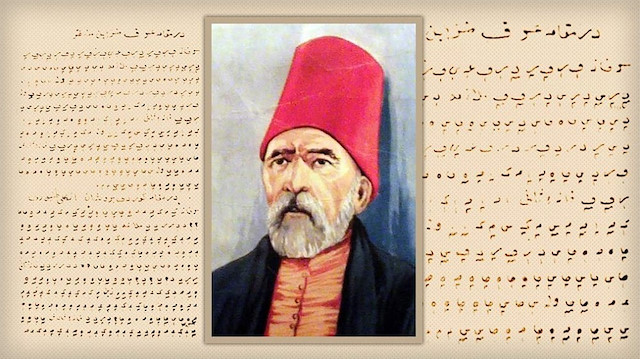Born in 1778 in Istanbul, Dede Efendi attended the Yenikapi Mevlevi Lodge in 1798 because of his interest in Mevlevi culture.
Mevlevis, also known in English as Sufis, follow a school of thought in Islam inspired by Muslim poet and scholar Mevlana Jelaluddin al-Rumi, who focused on tolerance and love with his book The Masnavi.
“There is a very important practice in Mevlevi culture. Each dervish candidate is assessed by a chief dervish” to discover their tendencies, talents, and abilities, said Cetinkaya.
“Dede Efendi, with his special talent in music, received the special attention of Ali Nutki Dede,” a prominent poet and musician, he added.
He composed his first piece in the lodge and attracted great attention from Istanbulites of the time.
“People came to Ali Nutki Dede and wanted to see Dede Efendi, wanted to hear him and meet him,” he added.
One of those who heard about Dede Efendi’s talent was Ottoman Sultan Selim III, also a musician himself, who summoned Dede Efendi to Istanbul’s legendary Topkapi Palace.
According to Talip Mert, a calligrapher formerly of Istanbul’s Marmara University, since the 15th century, Ottoman sultans had diaries called ruznames.
“In Sultan Selim III’s ruznames, the sultan himself visited the Yenikapi Mevlevi Lodge twice, although there was no specific mention of Dede Efendi,” he told Anadolu Agency, speaking at Ismail Dede Edendi’s house in Istanbul’s historic Sultanahmet district.
Although some accounts say Dede Efendi lived in the house for 28 years, Mert said the musician used it for around seven years until his death on Nov. 29, 1846, in Medina, modern Saudi Arabia, where he was doing the Hajj (pilgrimage).
Years later, while researching Ottoman archives on Dede Efendi, Mert found documents showing that the artist was plagued by debt and his house was confiscated after he died.



